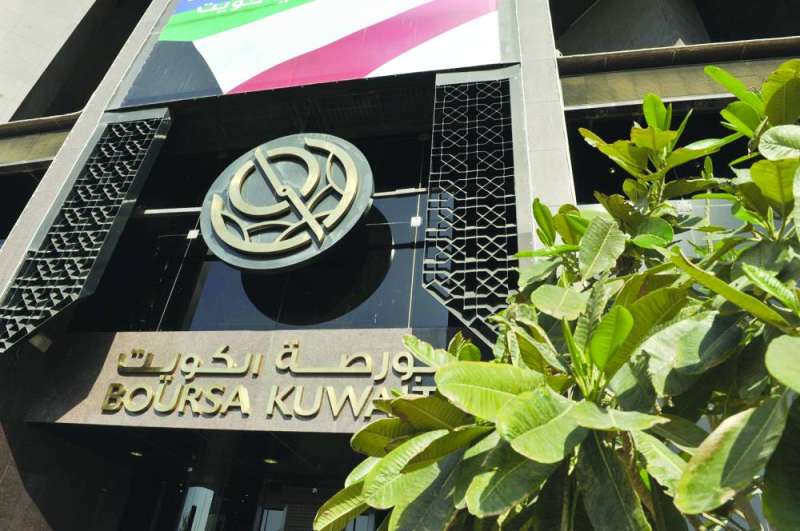Presently, around 150 companies are actively trading on the Kuwait Stock Exchange, marking a notable decrease from the approximately 220 stocks listed before the global financial crisis of 2008. This decline in the number of traded companies over the past 15 years is significant, with 70 companies now constituting a third of the stock market’s overall strength.
The substantial exit of listed companies between 2008 and 2023 sheds light on the resilience of the first-generation companies that have been trading since the inception of the local stock market in 1984, as reported by Al-Rai daily. The Kuwait Stock Exchange, initially established under the name “Kuwait Stock Exchange,” encompasses five markets: the official, parallel, fractional, options, and futures markets.
Examining the list of first-generation companies reveals 27 stocks that commenced trading on September 29, 1984. These companies hold a historical operational legacy in the Kuwaiti capital market due to their weight in terms of market value. It is worth noting that other companies participated in the market’s launch in 1983 but withdrew due to the repercussions of the financial crisis.
The list includes eight banks: “NBK,” “KFH,” “Al Khaleej,” “Tijari,” “Kuwait United,” “Al Ahli,” “Burgan,” and “KIB” (formerly International). Additionally, it features 19 diversified investment companies like “Kuwait Investment Company,” “Facilitations,” and “KIPCO,” and four insurance companies: “Al-Khaleej Insurance,” “Warba,” “Kuwait Insurance,” and “Al-Ahlia.”
Established after the issuance of the law regulating financial trading in October 1962, the local stock market underwent significant amendments in 1983 and 1984, making it the oldest stock market in the Gulf. The list also encompasses four real estate companies: “Kuwait Real Estate,” “United Real Estate,” “Wataniya Real Estate,” and “Salhiya Real Estate,” along with major industrial, service, and investment companies such as “National Industries,” “Gulf Cables,” “Ships,” and “Kuwait Cement.” Cinema, hotels, Agility (formerly public warehouses), and livestock companies are also part of the list.
Collectively, these companies represent a significant portion of the stock market’s current weight, totaling 40.23 billion dinars. Some stakeholders continue to hold historical contributions in these companies, yielding returns and recoveries multiple times over since their founding.
Boursa Kuwait’s journey towards privatization commenced in the fiscal year 2014, driven by a decision from the Board of Commissioners of the Capital Markets Authority. A meticulously developed strategy aims to address challenges such as the absence of incentives for listing, decreased liquidity and valuation, limited research coverage, delayed information disclosure, and other structural issues.
To achieve the “New Kuwait 2035” vision, the Kuwait Stock Exchange’s strategy seeks to enhance liquidity and credibility through structural and technical developments and projects, positioning the market as a significant player locally, regionally, and globally.
As the stock market in Kuwait continues to evolve, it is essential to recognize the historical significance of the first-generation companies that have weathered various economic challenges. These companies not only contribute to the market’s overall strength but also serve as a testament to the resilience and adaptability of Kuwait’s capital market.
Source: TimesKuwait








